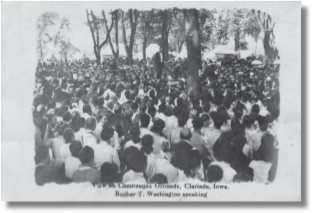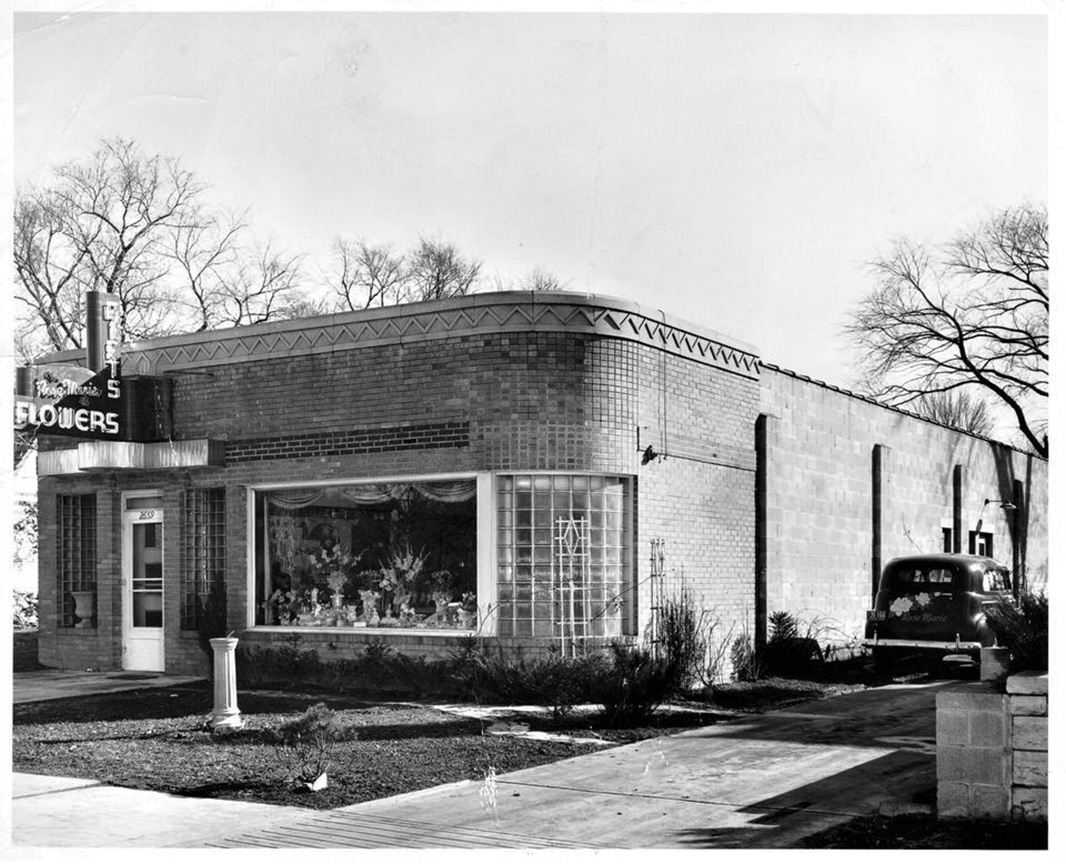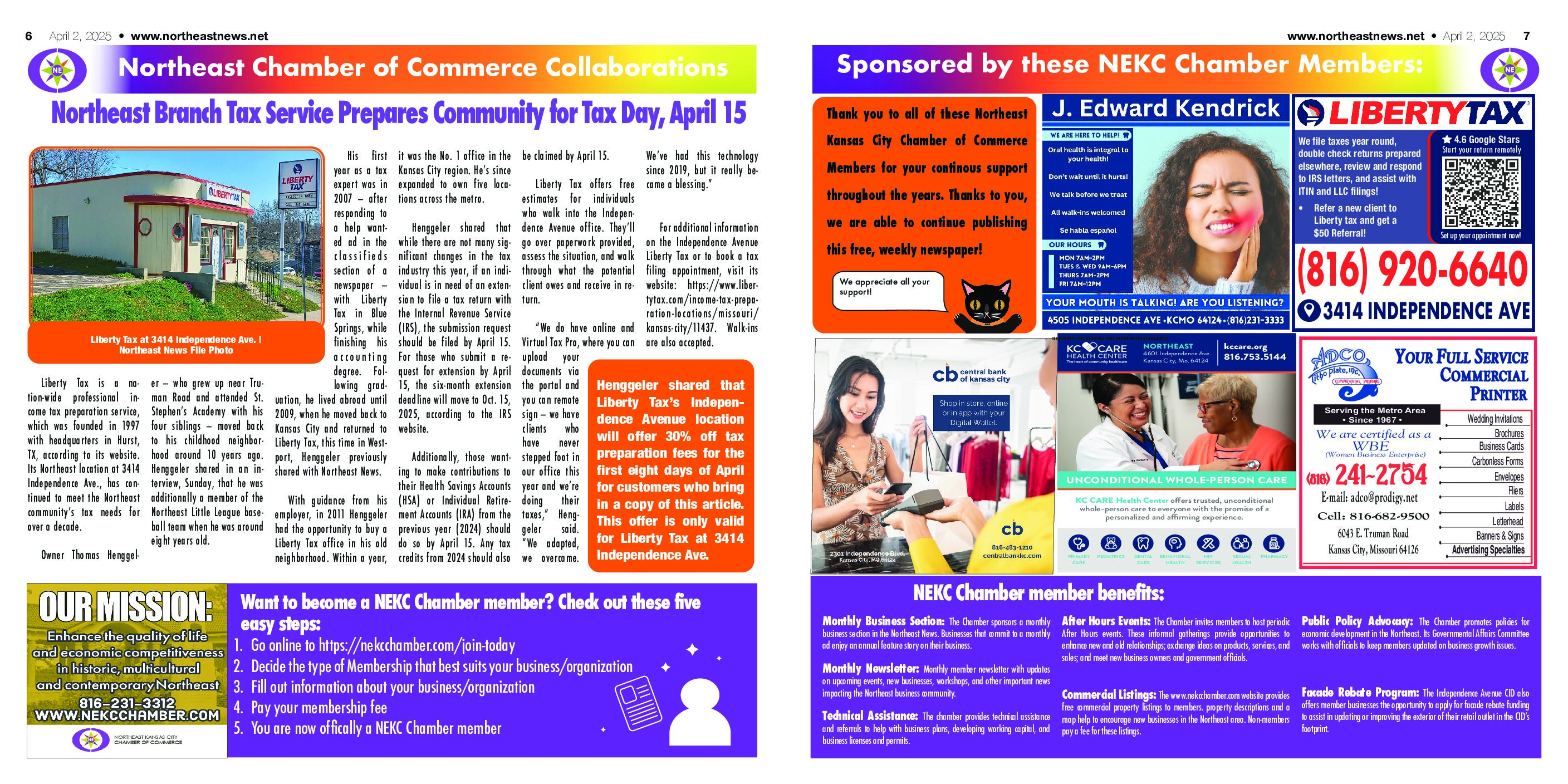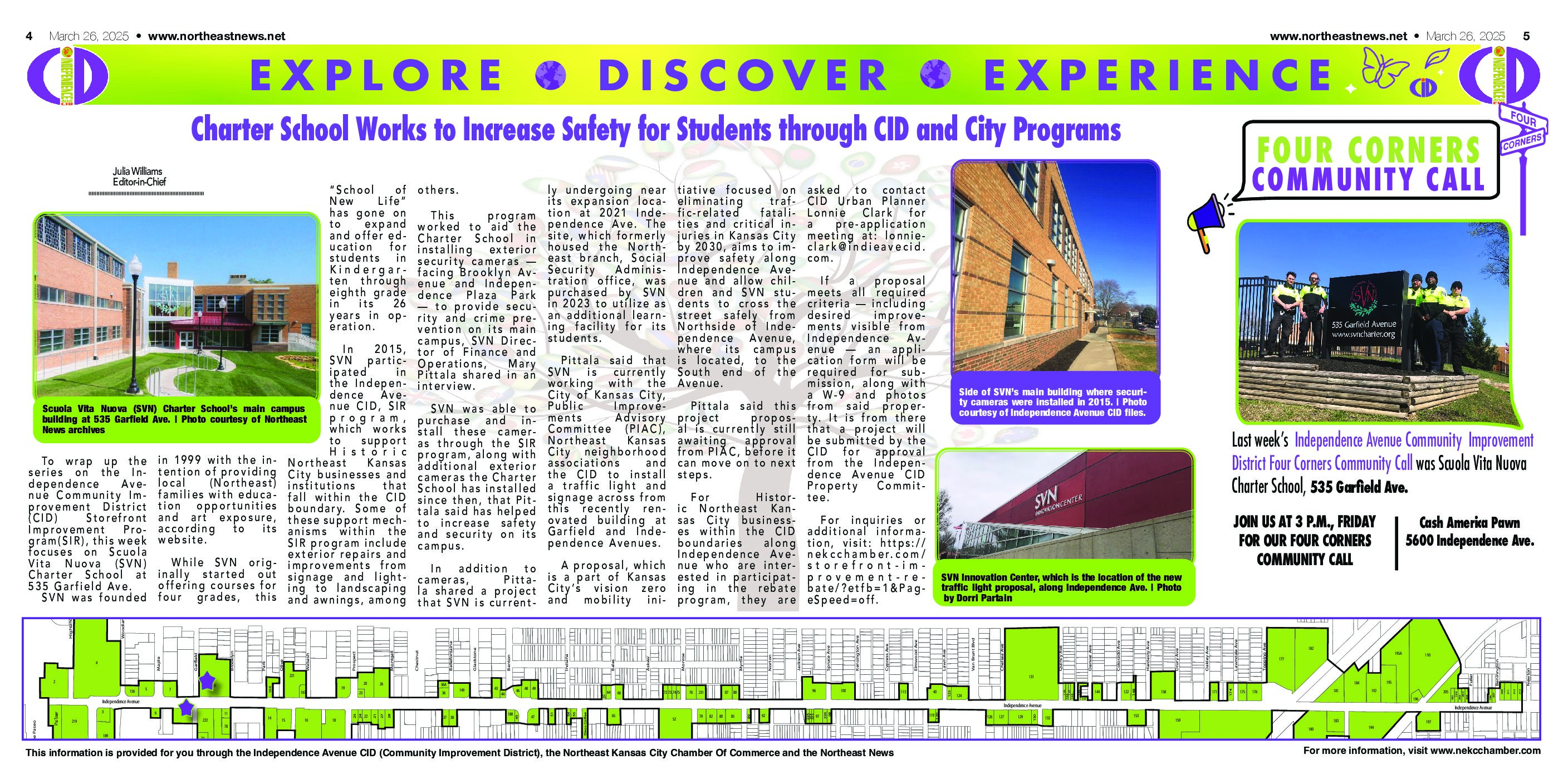
By MICHAEL BUSHNELL
Northeast News
August 28, 2013
Chautauqua was a popular educational movement of the late 19th and early 20th Centuries in America. Chautauqua assemblies expanded and spread throughout the rural United States until the mid-1920s. When the Chautauqua came to town, it brought entertainment and culture for the whole community, with speakers, teachers, musicians and specialists of the day. Former President Theodore Roosevelt once stated that the Chautauqua is “the most American thing in America.”
This undivided back postcard shows “A view on the Chautauqua Grounds, Clarinda, Iowa. Booker T. Washington speaking.”
Chautauqua was popular with residents of isolated rural areas because they had a strong thirst for knowledge, in the absence of any resident theatre or opera house companies or universities, for example. By the mid-1920s when Circuit Chautauquas were at their peak, they appeared in more than 10,000 communities to audiences of more than 45 million people. By about 1940, the Tent Chautauquas had run their course and disappeared.
Booker T. Washington was a popular Chautauqua speaker and always drew large crowds of people. Washington was born into slavery in 1854 in Hale’s Church, Va. Always curious, Washington’s hunger for education was relentless; he paid for his own college education at the Hampton Agricultural Institute in Virginia by working as their custodian. Washington went on to become a university professor at the Tuskegee Institute in Alabama, eventually passing away in November of 1915.
One of the many quotes from Washington’s book “Up From Slavery” gives some insight to the man: “I will not say that I became discouraged, for as I now look back over my life I do not recall that I ever became discouraged over anything that I set out to accomplish. I have begun everything with the idea that I could succeed, and I never had much patience with the multitudes of people who are always ready to explain why one cannot succeed.”



















